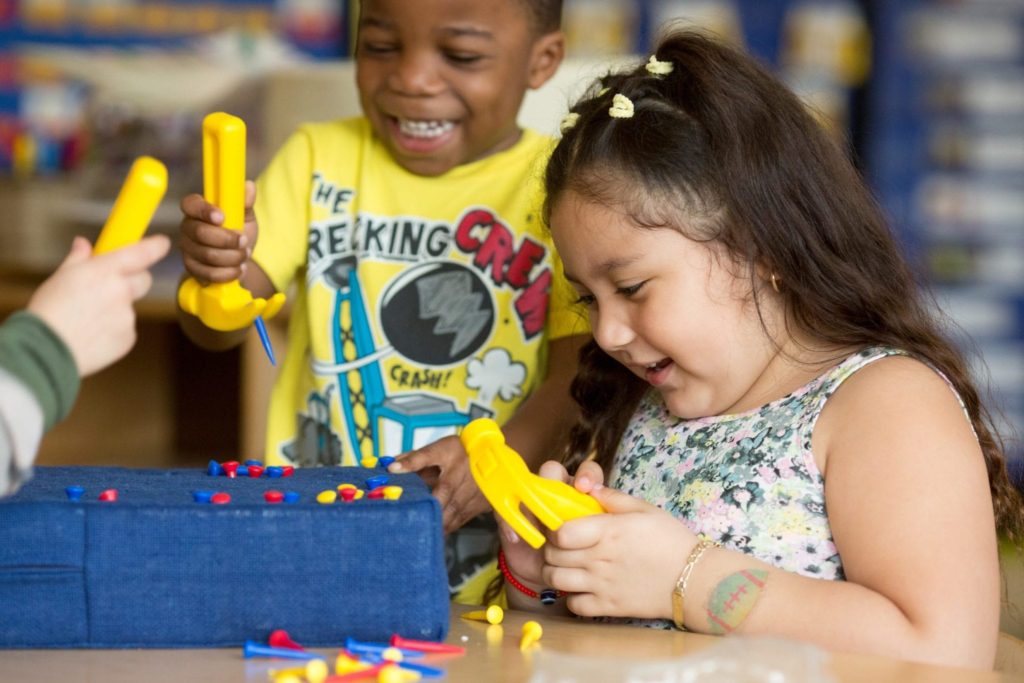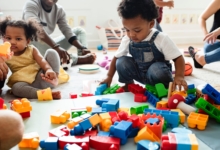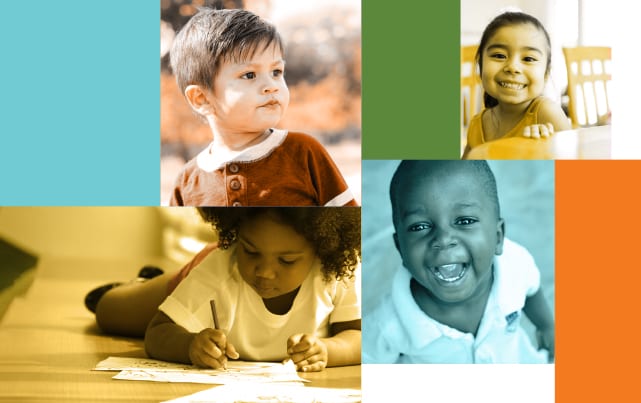Recently, Governor Kay Ivey forced the resignation of the secretary of Alabama’s Department of Early Childhood Education, Dr. Barbara Cooper, for allowing the use of a well-known early learning handbook in state-run preschool programs. Governor Ivey purported that the preschool handbook contains “woke concepts” that are “divisive” and have “no place in Alabama classrooms at any age level, let alone with our youngest learners.”
The book in question is a universal guide that provides high-quality early learning praxis using developmentally appropriate practices, published by the National Association for the Education of Young Children (NAEYC). NAEYC’s recommendations are based on decades of research, input from teachers and families, and review from the nation’s top early-learning experts. The handbook is ubiquitous in higher education programs and professional development training for early childhood educators. By banning the book, the governor is depriving Alabama’s young learners not only of guidance on inclusivity and anti-racism, but of the book’s many other tools for teachers to give every child a strong developmental start socially, emotionally, and academically.
Essentially, NAEYC’s guide recommends that educators create a warm, nurturing environment where all children feel safe to learn and grow. The concepts of empathy and compassion are not new; they are grounded in years of evidence and expertise and woven throughout children’s literature and music. The fact is that four-year-olds need to see and hear messages that promote equality, empathy, and growth in their formative years. There are scores of studies supporting these positive practices, but science and facts have never been part of this political argument.
Reasonable people agree that welcoming children into a classroom and making them feel safe and accepted is important. Many rightwing lawmakers are stating that educators should look the other way in the face of LGBTQ+ families, racial equality, and children affected by an American history they haven’t yet learned. Recent polling shows that families are most concerned about their children’s mental health, safety, and academic progress, rather than wedge issues politicians use to divide communities.
To summarize, let’s harken back to another staple preschool book, Dr. Seuss’ Horton Hears a Who, about an elephant who discovers a community living on a speck of dust and protects them from the many naysayers who ridicule and harass him. Horton continues to protect the Whos, because it’s the right thing to do, and repeatedly says, “A person’s a person, no matter how small.”
Similarly, preschoolers are tiny people who are among the most vulnerable to attacks on educational justice. As toddlers and preschoolers, they are still learning to express their basic needs and cannot speak up for themselves. Children are counting on adults to protect them and to listen to them. We need to answer that call by pushing back against willful ignorance about basic childhood tenets of compassion and understanding.
To support NAEYC’s handbook of developmentally appropriate practices for high-quality early learning, sign on to their statement of support here.







